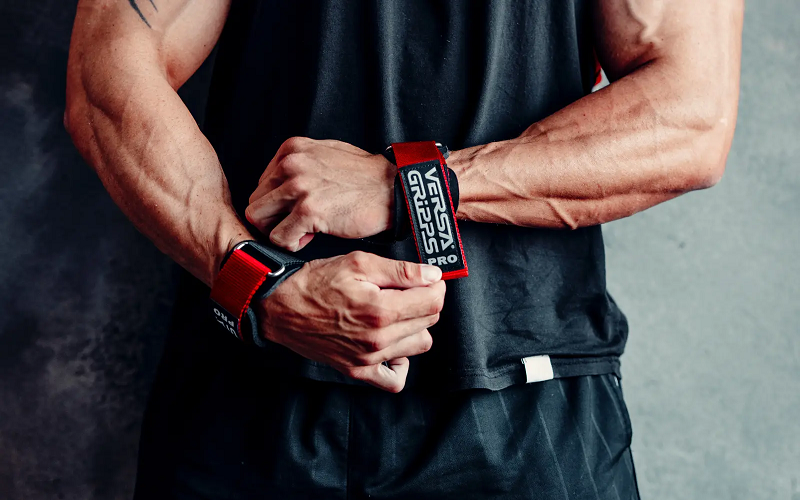How can we help our body adapt to the heat wave?
What impact does heat have on our bodies and how to deal with it? An overview with various doctors from Geneva University Hospitals and Lausanne CHUV
All it takes is for the mercury to rise for our bodies to go haywire. Difficult sleep, low appetite, drugs becoming dangerous… What are the effects on the body of heat waves? And what to do? Update with French-speaking doctors.
Appetite adapts on its own
Should we favor carbohydrates or lipids, sparkling or still water, cheese or dessert? With each heat wave, it is the fair for advice – not always wise. Marie-Paule Depraz-Cissoko, dietician at the CHUV, has a simpler approach: “Eat what you like.” Ban fatty foods? Useless, “their digestion does not generate more heat” than the others. Dairy products? On the contrary: “A yogurt is 70 to 80% water; ideal for those who don’t like vegetables. ”
The dietician nevertheless warns that one should not overeat, a hearty meal “requiring a lot of energy to be digested. But the adaptation comes naturally: the body temperature, the loss of electrolytes [mineral salts, note] and fatigue contribute to reducing appetite. ” Above all, care must be taken to hydrate well, including through food, which “must provide up to one liter of water per day. The only thing to avoid: alcoholic or sugary drinks which dehydrate the body. “
Sport creates overheating
Why are we discouraged from playing sports in hot weather? Because of the risk of hyperthermia, which can be fatal, answers Gérald Gremion, sports doctor at the CHUV. During the effort, the body works hard to avoid overheating: “Three quarters of the energy expended is to evacuate heat”, says the doctor. Very expensive in energy at normal temperature, the task becomes mission impossible when the mercury breaks records. Result: the heat is no longer evacuated and the body temperature rises. After 40 ° C, it is “heat stroke”, which can cause fatal brain damage.
However, there are tips for controlling your temperature, especially with what professionals call convection: “The blood goes to the skin and cools with the ambient air then leaves to cool the rest of the body” , explains Gérald Gremion. Problem: It only works if the air is below 37 ° C. In case of great heat, you can put ice in contact with the skin, always in order to cool the blood. But the best is still to remain quietly at rest. Sports performance is diminished by heat anyway, “because we don’t have enough blood to meet the needs of the muscles while controlling body temperature”.
Lung disorders can also occur, in particular due to the microparticles of the air settling in the alveoli. The heat wave is finally at the origin of heat cramps, muscular blockages due to “an imbalance in sodium, and not in magnesium as many people believe it”.
Sleep slows down the body
Scorching nights can interfere with sleep. This depends on the biological clock, which triggers sleep when light and external temperature drop. That of the body must then drop to between 36.4 ° and 36.2 ° C. “But when it is very hot, this cooling takes place less quickly”, says José Haba Rubio, doctor of the sleep center at the CHUV .
In addition, since humans are homeothermic animals , and therefore maintaining an almost constant body temperature, the body uses standard mechanisms to evacuate superfluous heat, such as perspiration (as in sport) or vasodilation of the blood vessels in the extremities. “However, during sleep, these mechanisms work less well. The body dissipates heat less well, which causes the brain to tell itself that there is a problem, and makes the person wake up. ”
How to overcome these dysfunctions to sleep better? “By covering little, by favoring a bed conducive to perspiration, by avoiding sport in the evening or by taking a cold shower.” But there is no point in ingesting drugs that promote general vasodilation in the body, such as aspirin.
Mood deteriorates
Does the heat wave influence mood or behavior? “It is an intuition that many scientists have, but no study has clearly shown this link”, says Jacques Besson, head of the community psychiatry department at the CHUV . Before admitting possible indirect effects: fatigue from difficult sleep, dehydration and heat-related discomfort could lead to greater irritability. “When people are hot, it makes them angry and quicker to get angry, more frustrated and more impulsive,” Solomon Hsiang confirms in an article in Scientific American .
In 2011 and 2013 , this economist from the University of California conducted an analysis of 60 studies in various fields (economics, criminology, geography, history, psychology); published in Science , she showed that high temperatures or extreme climates were very often linked to increased bellicose, violent or conflictual character between individuals or groups . Whether for economic and geographical reasons (lack of rainfall, drought for example) or social (aggressiveness in the private circle).
In Scientific American , Glenn Geher, a psychologist at the State University of New York, puts forward a physiological explanation: “As the body sends more blood to the skin and the limbs to cool, the brain is less supplied with oxygen in the cells. regions that control our impulses, which induces irascibility. ” “This is a hypothesis which remains to be demonstrated”, says Jean-Michel Aubry, head of the Department of Mental Health at the University Hospitals of Geneva (HUG).
What about inhibition? Does it drop as the temperature rises? “It is possible that the heat and the good weather have a positive effect on the libido”, answers the doctor, referring to the scientific literature.
Pay attention to the effect of certain drugs
The mode of action of some drugs can be changed during a heat wave. They can, by their main function or their side effects, worsen the symptoms observed during heat waves. Thus Lasix, an anti-hypertensive agent, has a diuretic effect which will accentuate dehydration. Another example, given by Caroline Fonzo-Christe, pharmacist at HUG: “Certain molecules prescribed to treat migraines have a vasoconstrictor effect which retains heat in the body.”
Another problem to watch out for is storage, especially for medicines kept cool. They are sensitive to temperature variations, “their molecular structure can be degraded when they leave the fridge, which can lead to a loss of effects or, worse, undesirable or dangerous effects”, continues the pharmacist. Finally, you have to keep an eye on the suppositories and put them in the fridge. “Like chocolates, they melt if it is too hot.”



